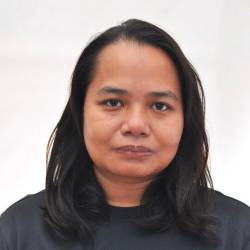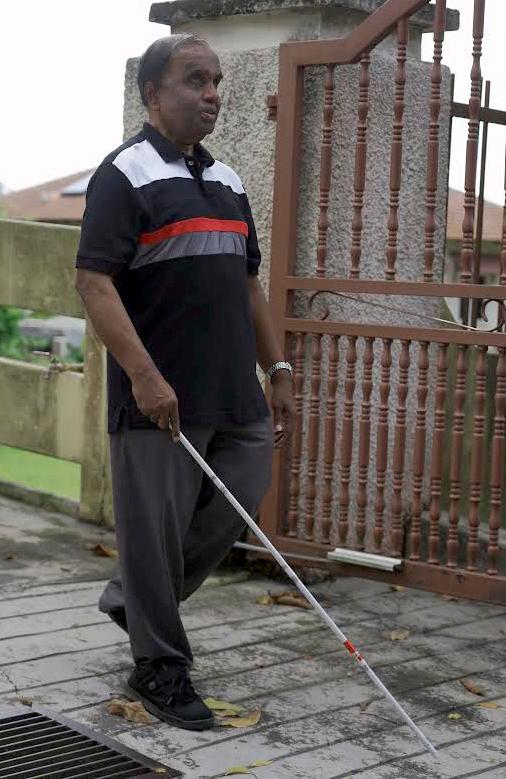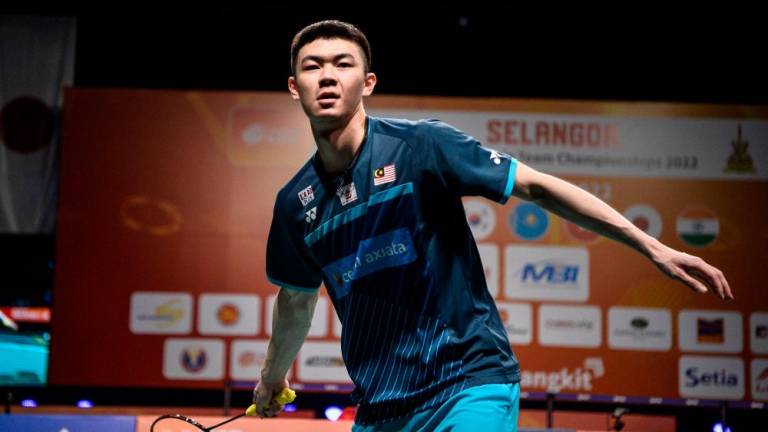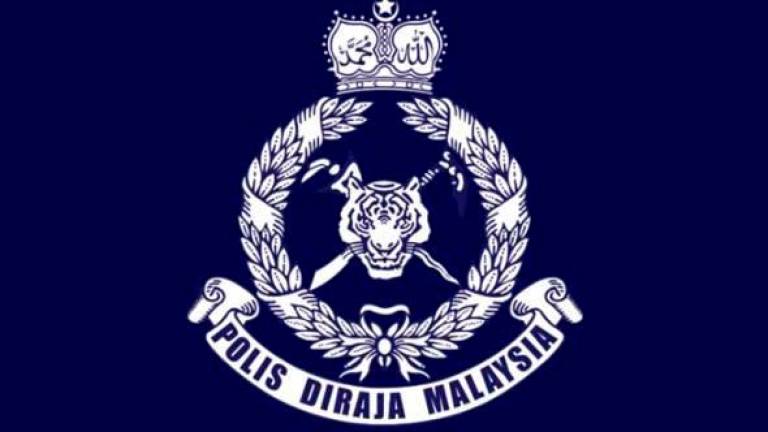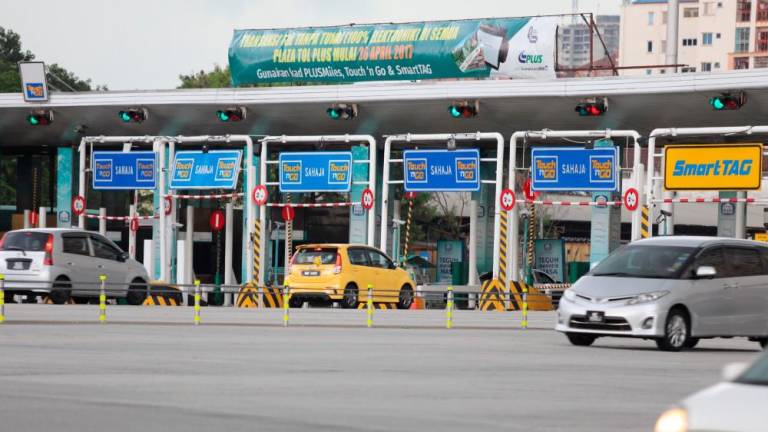LIVING in a world of perpetual darkness is a challenge sighted people cannot begin to comprehend.
But Thavasothy S. Mailvaganam Pillai, who was born blind, takes it in his stride. From an early age, he developed a keen sense of hearing that prompted his parents to enrol him in Indian classical dance classes.
He developed a love for music, and radio was his constant companion. He even dreamed of becoming a radio producer.
Thavasothy, 69, eventually grew out of his childhood fantasy, but his determination to excel continued to drive him on.
His parents first noticed his visual impairment when he started crawling.
“They took me to see specialists in Singapore, India, Sri Lanka and Kuala Lumpur, but nothing could be done to save my eyes,” he told theSun in an interview in conjunction with White Cane Day last Friday.
The Pillai family had moved to Malaysia from India when Thavasothy’s father was offered a job as an engineer with Keretapi Tanah Melayu. They lived in a railway quarters in Bangsar.
Thavasothy remembered his father helping him with his homework and reading to him after returning from work.
“There were very few books in Braille back then.”
He was enrolled at the Princess Elizabeth School for the Blind in Johor Baru when he was nine.
“I started at a later age because my parents were unaware there were schools for children with special needs,” he said.
But being away from home was difficult.
“Apart from missing my siblings, I also longed for home-cooked food. I was a vegetarian, so adjusting to non-vegetarian food was difficult,” he said.
Thavasothy would make up stories about being bullied in the hope that he would be taken out of school.
Fortunately for him, the stint at the boarding school was short-lived.
A year later, he enrolled at the St Gabriel’s School in Kampung Pandan, Kuala Lumpur that had started a government programme to integrate special needs children into normal classes.
Thavasothy said his classmates adjusted quickly to the clickety-clack sound of his Braille typewriter.
He was later transferred to the St John’s Boys School in Jalan Ampang before enrolling in Universiti Malaya where he majored in TESL (Teaching of English as a Second Language) and did a minor in History.
By then, the government was replacing English with Malay as the medium of instruction at all educational institutions.
Thavasothy was unfazed and sat for his exams in Malay.
Thavasothy said the Malaysian Association for the Blind introduced him to the white cane when he turned 18.
“They told me the advantages of using one, but it took me three months to get used to it. At first, I thought it was embarrassing to be using the cane,” he said.
“I soon learned the importance of the white cane as it helps the visually impaired lead a more independent life.”
The white cane allows users to detect obstacles in their surroundings.
Onlookers would also be able to give appropriate help, if needed.
Thavasothy said in some instances, the behaviour of motorists is unpredictable.
“We don’t know if they will slow down and stop for us,” he said.
Thavasothy is happy to be an advocate for the visually impaired. He is also a lecturer and a father of two children who now have successful careers as doctors.



